The Administrative Bottleneck in Endocrine Care
Few words frustrate endocrinologists more than “prior authorization.”
Before a patient can start a new medication or diagnostic test, staff must complete lengthy, payer-specific forms, submit documentation, and wait days—or weeks—for a response.
This process delays treatment, increases administrative costs, and often leads to patient frustration and nonadherence.
AI is changing that—automating the repetitive parts of prior authorization while keeping clinical judgment firmly in human hands.
1. Automate Form Generation and Submission
AI tools can instantly identify when a prior authorization is required based on the medication or order entered in the EHR.
They then auto-fill payer-specific forms using structured data already in the record—diagnosis codes, previous treatments, lab results, and provider details.
Once complete, the system routes the form electronically to the right payer portal.
What once took 30 minutes now takes 30 seconds.
2. Eliminate Data Re-Entry Across Systems
One of the biggest inefficiencies in prior auth is duplication.
Clinics often re-enter the same data into multiple systems: the EHR, the payer portal, and internal tracking tools.
AI connects these platforms, synchronizing patient and payer data automatically.
This ensures every field is accurate, consistent, and instantly updated when information changes—no copy-pasting, no missed details.
3. Track Authorization Status in Real Time
Instead of calling payers or manually checking portals, AI tracks every authorization’s progress automatically.
It can alert staff when additional documentation is needed, flag pending cases approaching deadlines, and notify clinicians when approvals arrive.
This transparency prevents delays and keeps everyone—from staff to patients—informed at every step.
4. Learn and Predict Approval Likelihood
AI doesn’t just automate paperwork—it learns from it.
By analyzing historical data, it can predict which payers or medications are most likely to trigger denials and why.
For example:
- Identifying which lab results strengthen approval chances for GLP-1s
- Flagging missing clinical notes for thyroid therapy authorizations
This foresight helps clinics submit cleaner, stronger requests—and avoid costly resubmissions.
5. Improve Patient Experience Through Faster Access
Every day saved in the prior auth process is a day closer to treatment.
AI shortens turnaround times dramatically, ensuring patients begin therapy without unnecessary waiting or back-and-forth.
That efficiency doesn’t just improve satisfaction—it improves adherence and outcomes.
When care moves smoothly, patients trust their providers more deeply.
Why Endocrinology Clinics Choose Honey Health for Prior Authorization Automation
Honey Health helps endocrine specialists eliminate administrative drag from prior authorizations.
Its AI platform integrates directly with EHRs and payer systems to automate form completion, track submissions, and surface insights that improve approval success.
Key advantages include:
- Automated Form Filling: Populates payer fields directly from patient data.
- Seamless EHR Integration: No duplicate entry or disconnected workflows.
- Real-Time Tracking: Monitors submission status and alerts teams proactively.
- Predictive Intelligence: Learns from denials to strengthen future requests.
- Faster Patient Access: Cuts approval timelines dramatically.
With Honey Health, prior authorizations go from daily frustration to predictable, automated flow.
Speed and Precision Shouldn’t Be Opposites
Endocrinologists already balance enough complexity—treatment decisions shouldn’t be stalled by paperwork.
AI restores efficiency and focus, making the administrative side of care as intelligent as the clinical.
The result?
Faster access for patients.
Less burnout for staff.
And a clinic that runs with precision, not pressure.
Because in modern endocrinology, the best care isn’t just evidence-based—it’s efficiently delivered.

